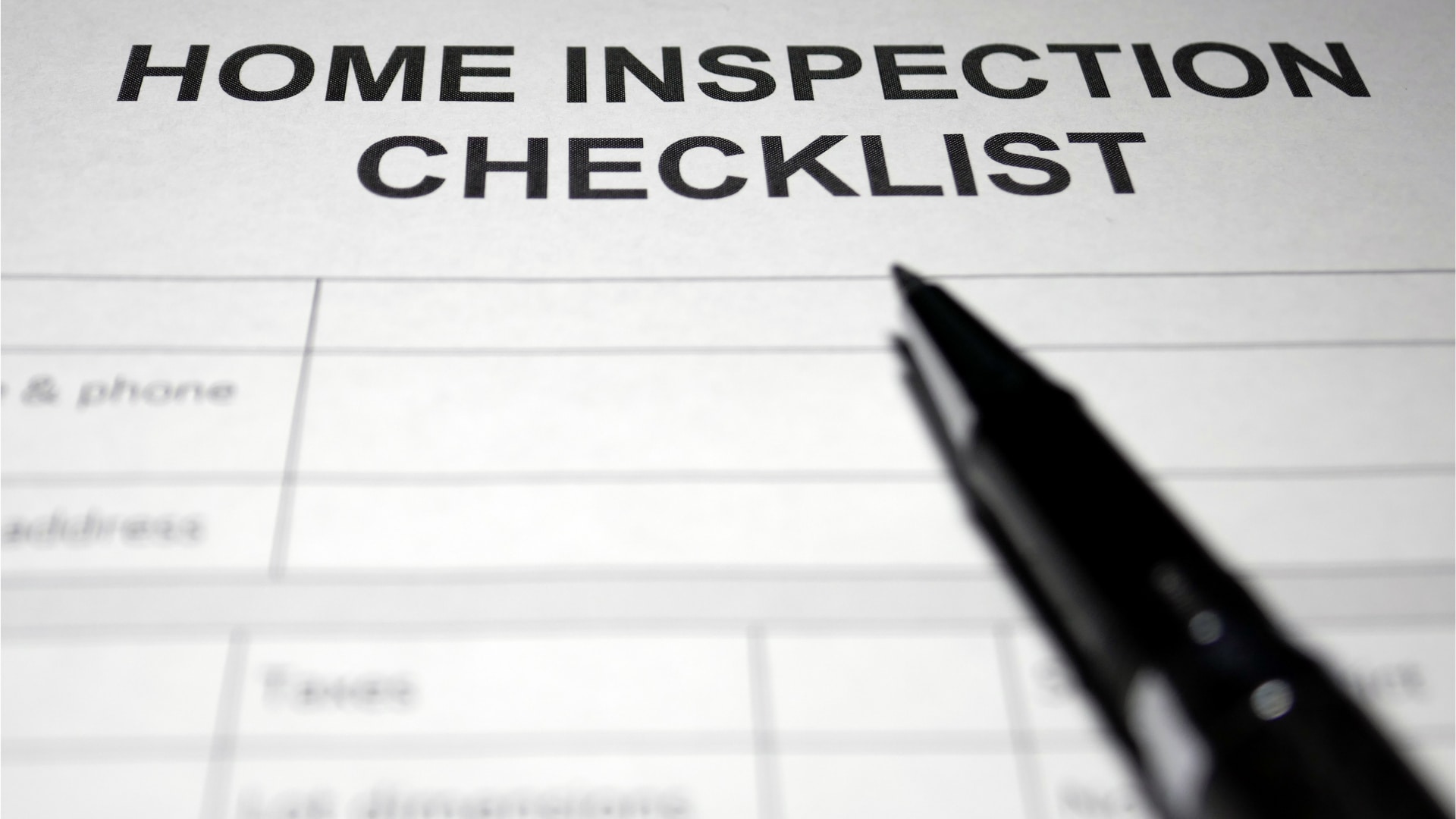Phone:
(727)358-0489
Physical address:
13604 101st Terrace
Seminole, FL 33776

In this in-depth article, we’ll walk you through a detailed and comprehensive checklist to help you spot common issues. However, it’s crucial to recognize that some problems require the expertise of a licensed home inspector. We’ll also discuss specific scenarios where it’s best to seek their assistance. Let’s embark on this journey of understanding and empowering you to make informed decisions about your home’s condition.


While conducting a DIY home inspection can provide valuable insights, there are certain situations where it is crucial to call a licensed home inspector. These professionals have the expertise and specialized tools to thoroughly assess your home and identify potential issues that may be hidden from an untrained eye. Here are specific instances when it is recommended to enlist the services of a licensed home inspector:
If you come across significant structural problems during your DIY inspection, such as large foundation cracks, sagging floors, or major roof damage, it is best to call a licensed home inspector. These professionals are trained to identify and evaluate structural issues that could affect the safety and stability of your home. They can provide a comprehensive assessment and recommend appropriate repairs or further evaluations by structural engineers if necessary.
When dealing with potential hazardous materials like asbestos, lead-based paint, or mold, it is crucial to involve a licensed home inspector. These professionals have the knowledge and experience to identify signs of hazardous materials and can guide you on proper testing procedures or recommend specialists who can perform thorough inspections. Dealing with hazardous materials requires expertise to ensure the safety of both you and your family and/or potential buyers.
If you are uncertain about the condition of your electrical wiring or plumbing systems, it is advisable to call a licensed home inspector. These systems are essential for the functionality and safety of your home. A licensed inspector can assess the overall condition, identify any deficiencies. They can also detect potential safety hazards such as outdated wiring, improper grounding, or plumbing leaks that may not be readily apparent to an untrained observer.
When selling your home, providing a comprehensive inspection report to potential buyers can build trust and streamline the negotiation process. A licensed home inspector can conduct a thorough evaluation of your property and provide a detailed report that highlights both the positive aspects and any areas of concern. This report carries more weight and credibility in the eyes of buyers, as it is conducted by an impartial and qualified professional.
If you lack the necessary expertise, confidence, or time to conduct a comprehensive DIY home inspection, it is highly recommended to hire a licensed home inspector. They possess the knowledge, training, and experience to thoroughly assess all aspects of your home, ensuring that no critical issues are overlooked. By relying on their expertise, you can have peace of mind knowing that your home has been thoroughly evaluated by a qualified professional.
While a DIY home inspection can be a valuable first step in identifying potential issues, there are certain situations where calling a licensed home inspector is essential. They have the expertise to handle complex structural issues, address concerns regarding hazardous materials, evaluate electrical and plumbing systems, provide comprehensive reports for buyers, and ensure a thorough assessment when you lack expertise or confidence. Investing in a licensed home inspector’s services will provide you with a detailed understanding of your home’s condition and help you navigate the selling process more effectively. Should you encounter any significant or complex issues during your DIY inspection, it’s always advisable to seek the assistance of licensed home inspectors. Contact us today to schedule a thorough home inspection and ensure the safety and functionality of your property.